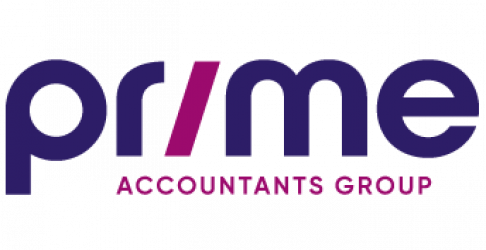WhatÂs changed?
The Criminal Finance Act 2017 affects all companies and partnerships regardless of size. Most businesses are relatively unaware that as from 30 September 2017, they should have actioned HMRCÂs six principles in relation to preventing the facilitation of tax evasion and if they havenÂt they run the risk of being found criminally liable and face unlimited fines along with immeasurable reputational damage.
The legislation that came into effect on 30 September 2017 means that relevant bodies (companies and partnerships) can face prosecution for facilitating tax evasion. A tax evasion facilitation offence consists of the following:
- Stage 1 - Criminal tax evasion by a taxpayer (either an individual or an entity) under the existing UK law.
- Stage 2 - Criminal facilitation of this offence by an Âassociated person  in other words, a person acting on behalf of the relevant body and knowingly aiding, abetting, counselling or procuring the tax evasion by a taxpayer.
- Stage 3 - The relevant body failed to put in place reasonable procedures to prevent an associated person from committing a tax evasion facilitation offence as defined in Stage 2.
For decades now, it has been possible to prosecute individuals for the facilitation of tax evasion. It is only until now however that the same can be said of companies and partnerships, stage three of the offences. HMRC guidance states that if a relevant body can demonstrate it has put in place reasonable prevention procedures that identifies and mitigates its tax evasion facilitation risks, then prosecution is unlikely as it will be able to raise a defence.
So, do you have procedures in place?
If your response to this question is, Âwhat are prevention procedures? itÂs highly likely you have a fair bit of work to do.
HMRCÂs guidance is formulated around six guiding principles covering a risk assessment, proportionality of risk based prevention procedures, top level commitment, due diligence, communication and training, and monitoring and review.
While a light touch approach will be taken initially, the expectation is that relevant bodies will rapidly implement the procedures, focusing on the major risks and priorities, with a clear timeframe and implementation plan on entry into force.
If your response is, Âwe already carry out risk assessments in respect of anti-money launderingÂ, thatÂs great and you are slightly ahead of the game in the sense that this is a useful starting point, but placing reliance on this (which will have been tailored to deal with other types of risk) for the identification and mitigation of criminal facilitation of tax evasion risks will not be deemed sufficient.
What should you do?
ItÂs really important that all businesses affected grasp a good understanding of what is involved. We have further information in our Corporate Criminal Offences Business Planning Guide which can be downloaded here.Final thoughts
These provisions will have a significant effect on businesses, requiring them to focus on whether or not their existing policies and procedures (if any exist at all) are sufficient to protect them in the event of scrutiny by law enforcement. Companies and partnerships are well advised to, as soon as possible, divert their minds towards the six principles set out by HMRC and how to incorporate them into their policies and procedures.
What can we do to help?
The prospect of carrying out and documenting the risk assessment can be daunting, as can ensuring that any one of HMRCÂs other guiding principles is adequately addressed. We can assist with every part of this.
For further information, please contact Chris Barlow on 0121 236 0465 or chris.barlow@mhllp.co.uk










